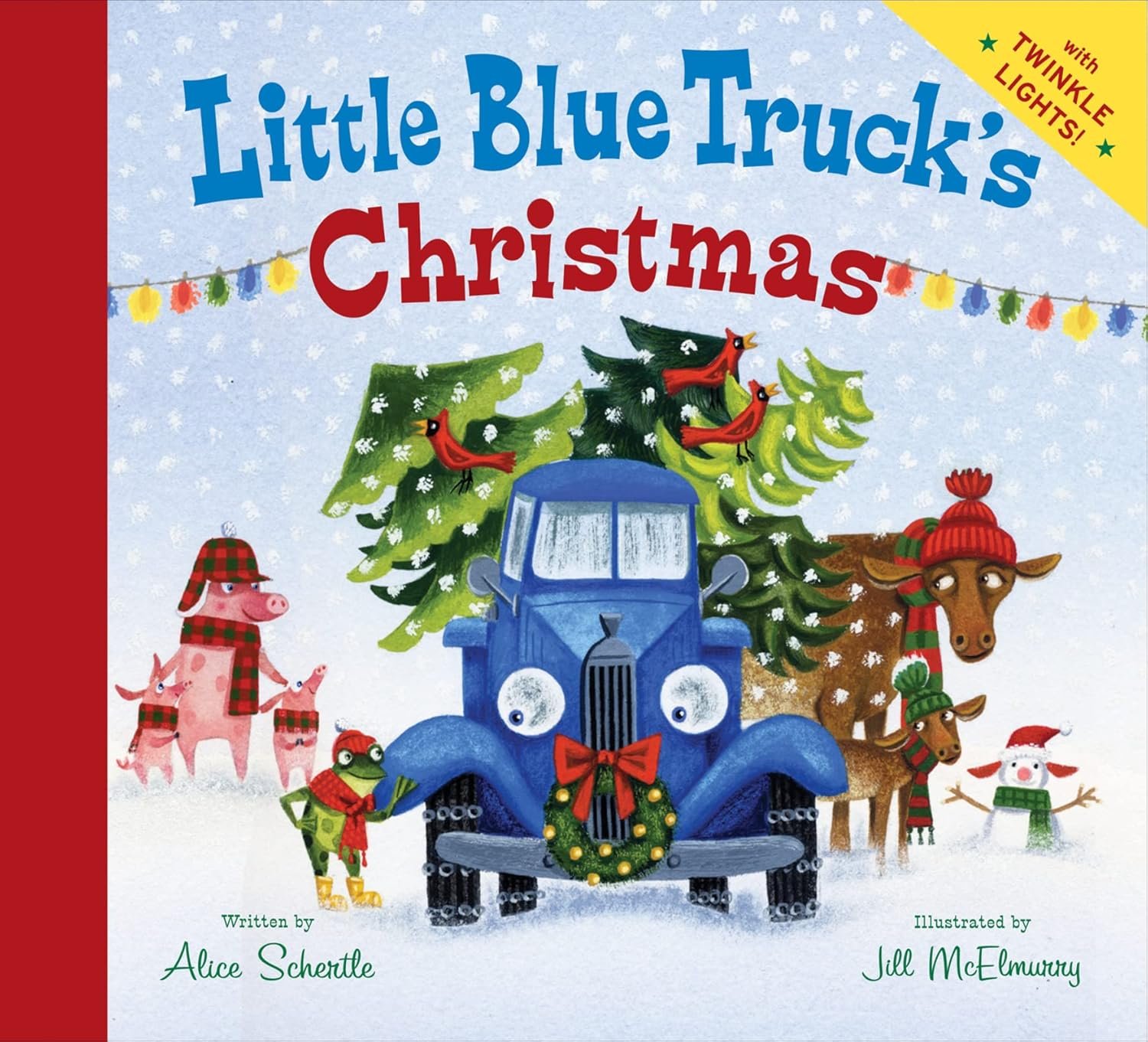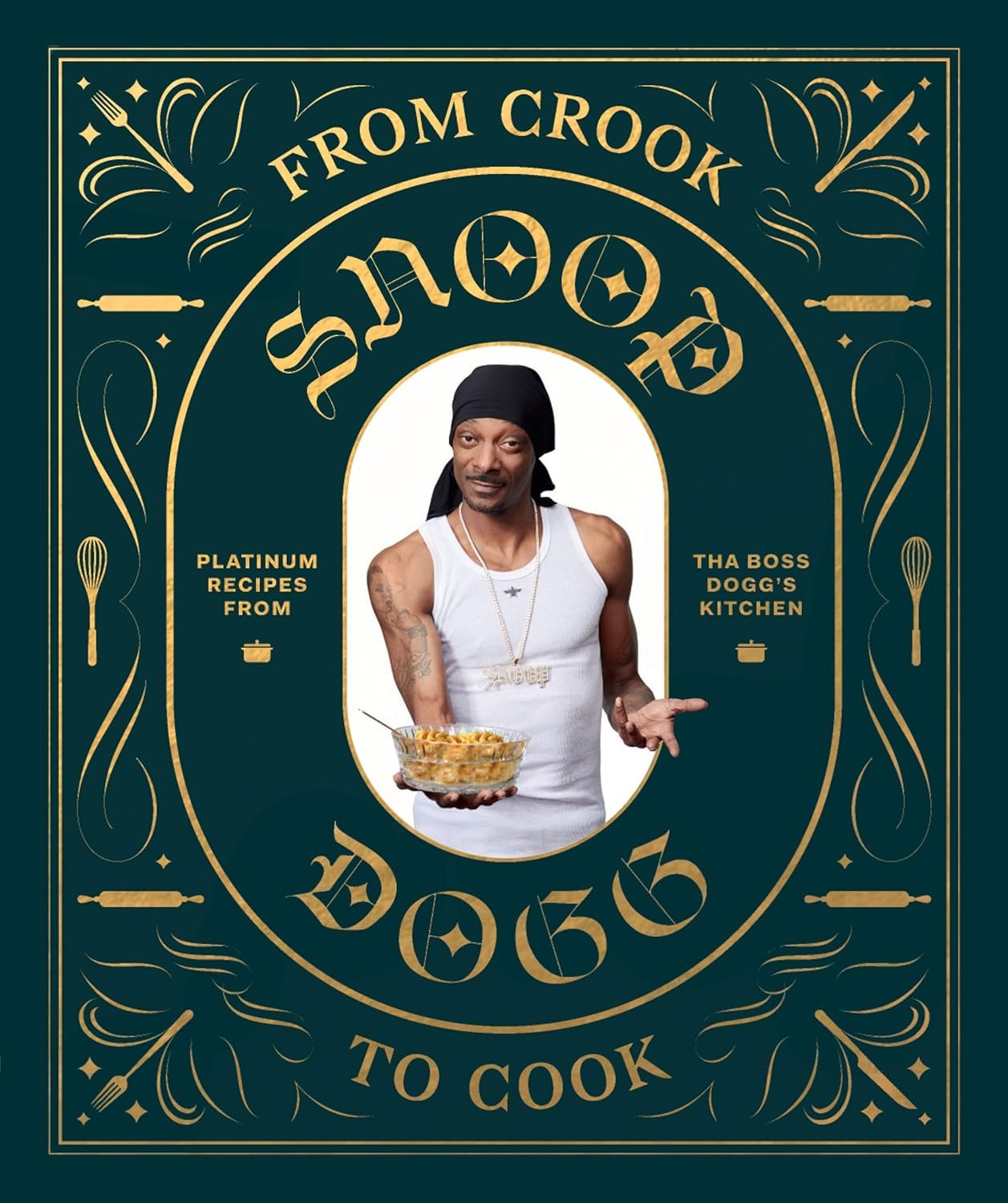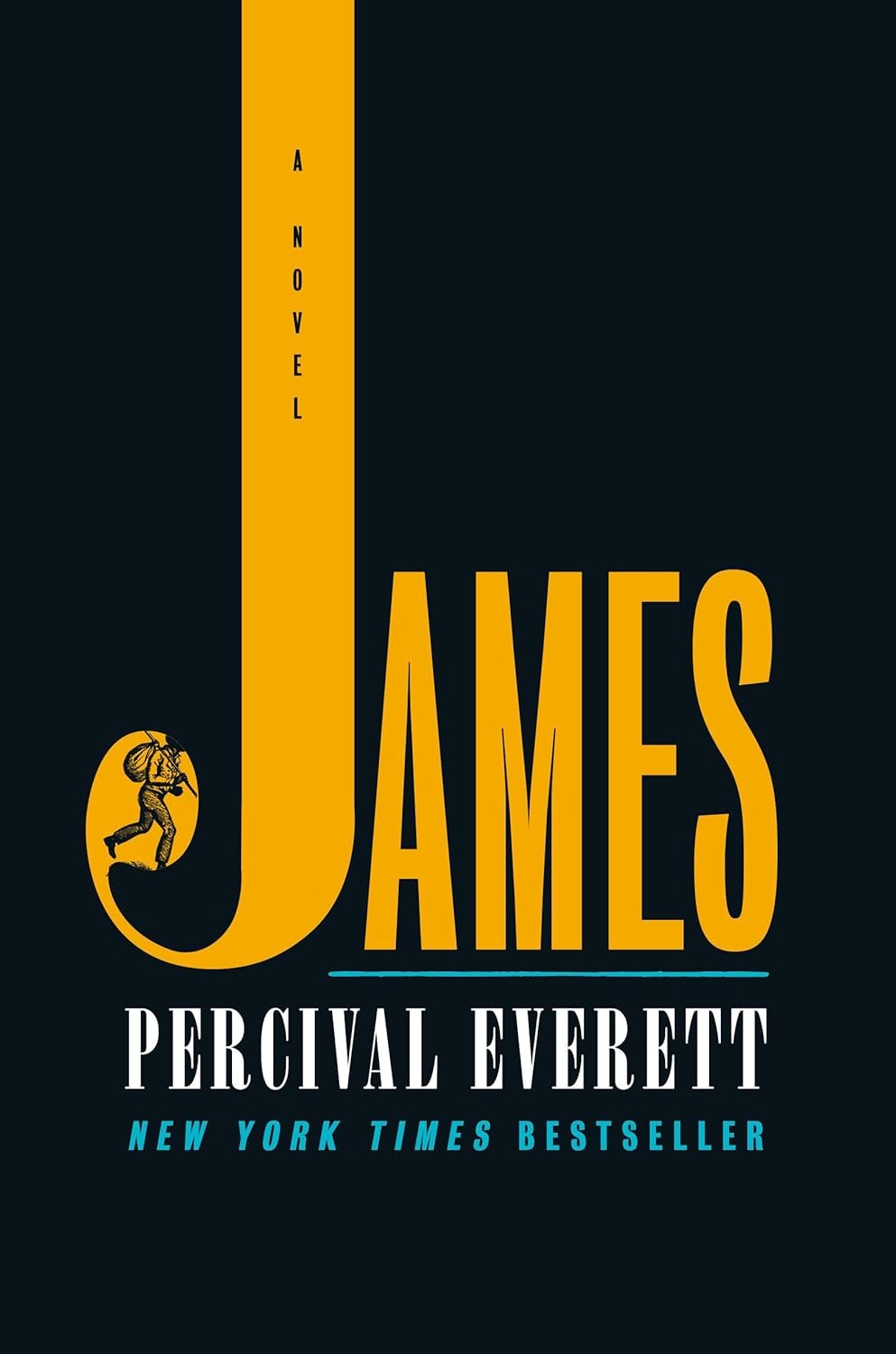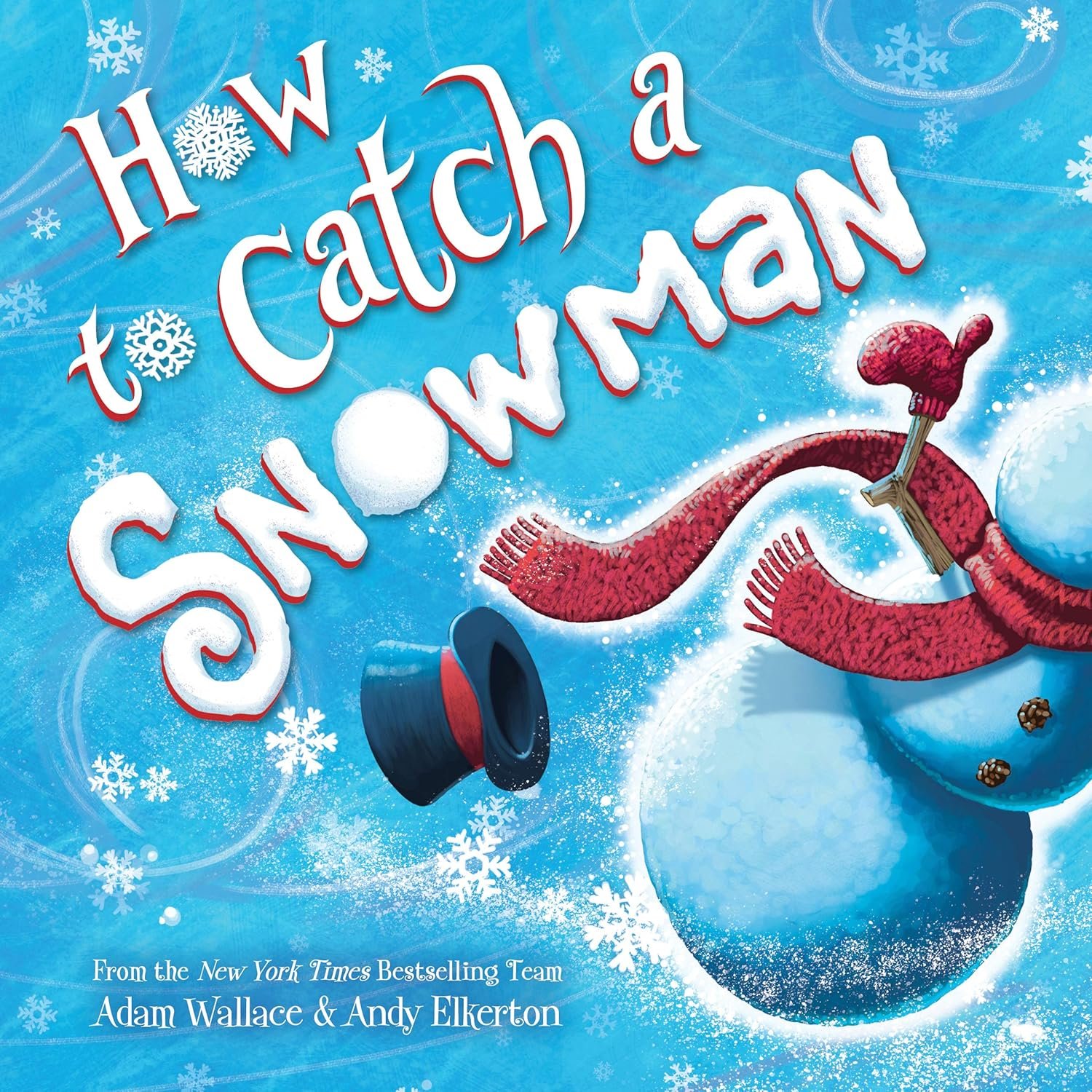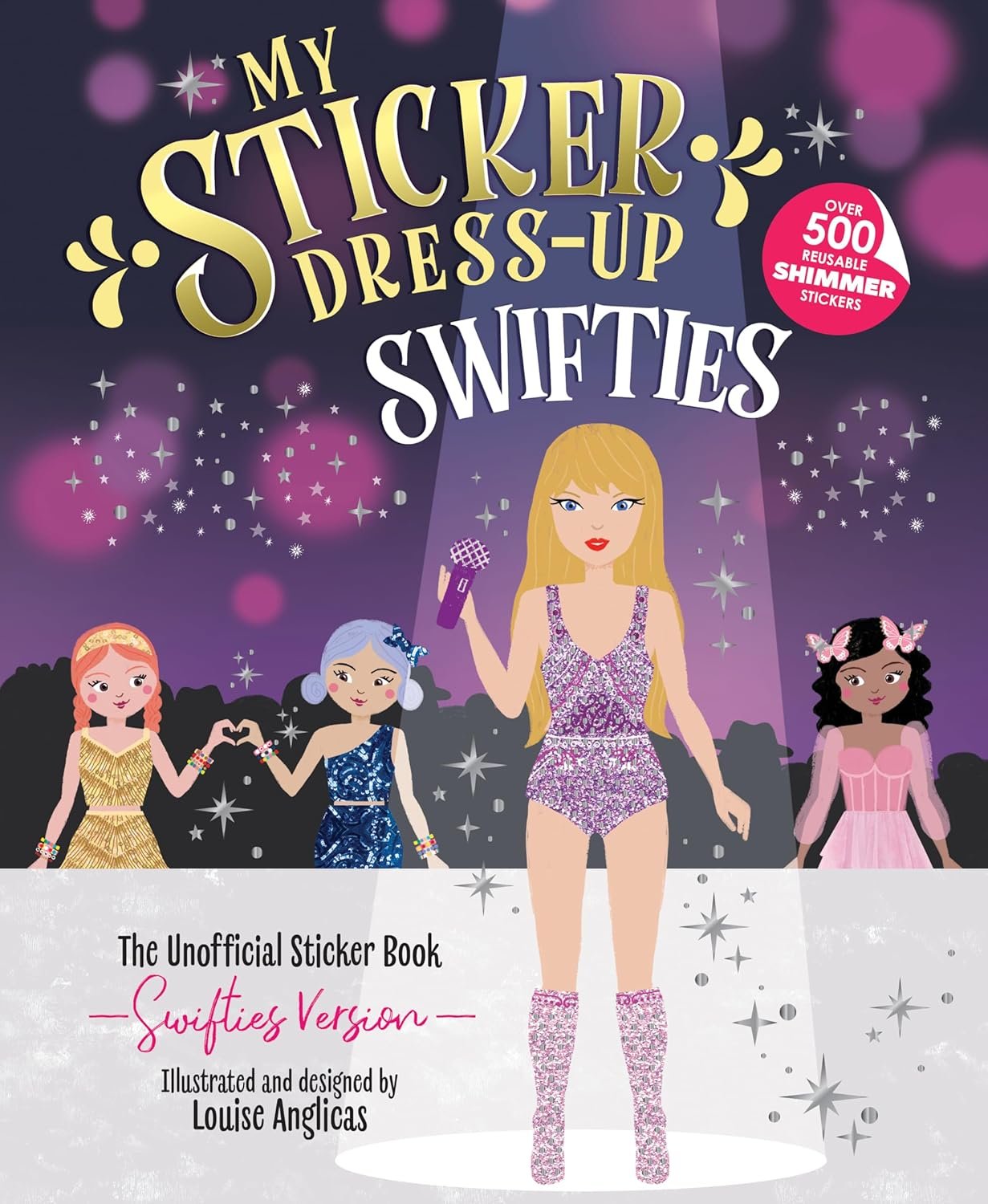I RISE FROM the chair. I don’t feel as dizzy as I did a moment ago; the serum is already wearing off. The crowd tilts, and I search for a door. I don’t usually run away from things, but I would run from this.
Everyone starts to file out of the room except for Christina. She stands where I left her, her hands in fists that are in the process of uncurling. Her eyes meet mine and yet they do not. Tears swim in her eyes and yet she is not crying.
“Christina,” I say, but the only words I can think of—I’m sorry—sound more like an insult than an apology. Sorry is what you are when you bump someone with your elbow, what you are when you interrupt someone. I am more than sorry.
“He had a gun,” I say. “He was about to shoot me. He was under the simulation.”
“You killed him,” she says. Her words sound bigger than words usually do, like they expanded in her mouth before she spoke them. She looks at me as if she doesn’t recognize me for a few seconds, then turns away.
A younger girl with the same skin color and the same height takes her hand
—Christina’s younger sister. I saw her on Visiting Day, a thousand years ago. The truth serum makes the sight of them swim before me, or that could be the tears gathering in my eyes.
“You okay?” says Uriah, emerging from the crowd to touch my shoulder. I haven’t seen him since before the simulation attack, but I can’t find it in me to greet him.
“Yeah.”
“Hey.” He squeezes my shoulder. “You did what you had to do, right? To save us from being Erudite slaves. She’ll see that eventually. When the grief fades.”
I can’t even find it in me to nod. Uriah smiles at me and walks away. Some Dauntless brush against me and they murmur words that sound like gratitude, or compliments, or reassurance. Others give me a wide berth, look at me with narrowed, suspicious eyes.
The black-clothed bodies smear together in front of me. I am empty.
Everything has spilled out of me.
Tobias stands next to me. I brace myself for his reaction.
“I got our weapons back,” he says, offering me my knife. I shove it in my back pocket without meeting his eyes.
“We can talk about it tomorrow,” he says. Quietly. Quiet is dangerous, with Tobias.
“Okay.”
He slides his arm across my shoulders. My hand finds his hip, and I pull him against me.
I hold on tight as we walk toward the elevators together.
He finds us two cots at the end of a hallway somewhere. We lie with our heads inches apart, not speaking.
When I’m sure he’s asleep, I slip out from beneath the blankets and walk down the hallway, past a dozen sleeping Dauntless. I find the door that leads to the stairs.
As I climb step after step, and my muscles begin to burn, and my lungs fight for air, I feel the first moments of relief I’ve experienced in days.
I may be good at running on flat ground, but walking up stairs is another matter. I massage a spasm from my hamstring as I march past the twelfth floor, and try to recover some of my lost air. I grin at the fierce burn in my legs, in my chest. Using pain to relieve pain. It doesn’t make much sense.
By the time I reach the eighteenth floor, my legs feel like they have turned to liquid. I shuffle toward the room where I was interrogated. It’s empty now, but the amphitheater benches are still there, as is the chair I sat in. The moon glows behind a haze of clouds.
I set my hands on the back of the chair. It’s plain: wooden, a little creaky. How strange that something so simple could have been instrumental in my decision to ruin one of my most important relationships, and damage another.
It’s bad enough that I killed Will, that I didn’t think fast enough to come up with another solution. Now I have to live with everyone else’s judgment as well as my own, and the fact that nothing—not even me—will ever be the same again.
The Candor sing the praises of the truth, but they never tell you how much it costs.
The edge of the chair bites into my palms. I was squeezing it harder than I thought. I stare down at it for a second and then lift it, balancing it legs-up on my good shoulder. I search the edge of the room for a ladder or a staircase that will help me climb. All I see are the amphitheater benches, rising high above the floor.
I walk up to the highest bench, and lift the chair above my head. It just barely touches the ledge beneath one of the window spaces. I jump, shoving the chair forward, and it slides onto the ledge. My shoulder aches—I
shouldn’t really be using my arm—but I have other things on my mind.
I jump, grab the ledge, and pull myself up, my arms shaking. I swing my leg up and drag the rest of my body onto the ledge. When I’m up, I lie there for a moment, sucking in air and heaving it back out again.
I stand on the ledge, under the arch of what used to be a window, and stare out at the city. The dead river curls around the building and disappears. The bridge, its red paint peeling, stretches over the muck. Across it are buildings, most of them empty. It is hard to believe there were ever enough people in the city to fill them.
For a second, I allow myself to reenter the memory of the interrogation. Tobias’s lack of expression; his anger afterward, suppressed for the sake of my sanity. Christina’s empty look. The whispers, “Thank you for your honesty.” Easy to say that when what I did doesn’t affect them.
I grab the chair and hurl it over the ledge. A faint cry escapes me. It grows into a yell, which transforms into a scream, and then I’m standing on the ledge of the Merciless Mart, screaming as the chair sails toward the ground, screaming until my throat burns. Then the chair hits the ground, shattering like a brittle skeleton. I sit down on the ledge, leaning into the side of the window frame, and close my eyes.
And then I think of Al.
I wonder how long Al stood at the ledge before he pitched himself over it, into the Dauntless Pit.
He must have stood there for a long time, making a list of all the terrible things he had done—almost killing me was one of those things—and another list of all the good, heroic, brave things he had not done, and then decided that he was tired. Tired, not just of living, but of existing. Tired of being Al.
I open my eyes, and stare at the pieces of chair I can faintly see on the pavement below. For the first time I feel like I understand Al. I am tired of being Tris. I have done bad things. I can’t take them back, and they are part of who I am. Most of the time, they seem like the only thing I am.
I lean forward, into the air, holding on to the side of the window with one hand. Another few inches and my weight would pull me to the ground. I would not be able to stop it.
But I can’t do it. My parents lost their lives out of love for me. Losing mine for no good reason would be a terrible way to repay them for that sacrifice, no matter what I’ve done.
“Let the guilt teach you how to behave next time,” my father would say. “I love you. No matter what,” my mother would say.
Part of me wishes I could burn them from my mind, so I would never have to mourn for them. But the rest of me is afraid of who I would be without
them.
My eyes blurry with tears, I lower myself back into the interrogation room. I return to my cot early that morning, and Tobias is already awake. He turns and walks toward the elevators, and I follow him, because I know that’s what he wants. We stand in the elevator, side by side. I hear ringing in my ears.
The elevator sinks to the second floor, and I start to shake. It starts with my hands, but travels to my arms and my chest, until little shudders go through my entire body and I have no way to stop them. We stand between the elevators, right above another Candor symbol, the uneven scales. The symbol that is also drawn on the middle of his spine.
He doesn’t look at me for a long time. He stands with his arms crossed and his head down until I can’t stand it anymore, until I feel like I might scream. I should say something, but I don’t know what to say. I can’t apologize, because I only told the truth, and I can’t change the truth into a lie. I can’t give excuses.
“You didn’t tell me,” he says. “Why not?”
“Because I didn’t . . .” I shake my head. “I didn’t know how to.” He scowls. “It’s pretty easy, Tris—”
“Oh yeah,” I say, nodding. “It’s so easy. All I have to do is go up to you and say, ‘By the way, I shot Will, and now guilt is ripping me to shreds, but what’s for breakfast?’ Right? Right?” Suddenly it is too much, too much to contain. Tears fill my eyes, and I yell, “Why don’t you try killing one of your best friends and then dealing with the consequences?”
I cover my face with my hands. I don’t want him to see me sobbing again.
He touches my shoulder.
“Tris,” he says, gently this time. “I’m sorry. I shouldn’t pretend that I understand. I just meant that . . .” He struggles for a moment. “I wish you trusted me enough to tell me things like that.”
I do trust you, is what I want to say. But it isn’t true—I didn’t trust him to love me despite the terrible things I had done. I don’t trust anyone to do that, but that isn’t his problem; it’s mine.
“I mean,” he says, “I had to find out that you almost drowned in a water tank from Caleb. Doesn’t that seem a little strange to you?”
Just when I was about to apologize.
I wipe my cheeks hard with my fingertips and stare at him.
“Other things seem stranger,” I say, trying to make my voice light. “Like finding out that your boyfriend’s supposedly dead mother is still alive by seeing her in person. Or overhearing his plans to ally with the factionless, but he never tells you about it. That seems a little strange to me.”
He takes his hand from my shoulder.
“Don’t pretend this is only my problem,” I say. “If I don’t trust you, you don’t trust me either.”
“I thought we would get to those things eventually,” he says. “Do I have to tell you everything right away?”
I feel so frustrated I can’t even speak for a few seconds. Heat fills my cheeks.
“God, Four!” I snap. “You don’t want to have to tell me everything right away, but I have to tell you everything right away? Can’t you see how stupid that is?”
“First of all, don’t use that name like a weapon against me,” he says, pointing at me. “Second, I was not making plans to ally with the factionless; I was just thinking it over. If I had made a decision, I would have said something to you. And third, it would be different if you had actually intended to tell me about Will at some point, but it’s obvious that you didn’t.”
“I did tell you about Will!” I say. “That wasn’t truth serum; it was me. I
said it because I chose to.” “What are you talking about?”
“I was aware. Under the serum. I could have lied; I could have kept it from you. But I didn’t, because I thought you deserved to know the truth.”
“What a way to tell me!” he says, scowling. “In front of over a hundred people! How intimate!”
“Oh, so it’s not enough that I told you; it has to be in the right setting?” I raise my eyebrows. “Next time should I brew some tea and make sure the lighting is right, too?”
Tobias lets out a frustrated sound and turns away from me, pacing a few steps. When he turns back, his cheeks are splotchy. I can’t remember ever seeing his face change color before.
“Sometimes,” he says quietly, “it isn’t easy to be with you, Tris.” He looks away.
I want to tell him that I know it’s not easy, but I wouldn’t have made it through the past week without him. But I just stare at him, my heart pounding in my ears.
I can’t tell him I need him. I can’t need him, period—or really, we can’t need each other, because who knows how long either of us will last in this war?
“I’m sorry,” I say, all my anger gone. “I should have been honest with you.”
“That’s it? That’s all you have to say?” He frowns. “What else do you want me to say?”
He just shakes his head. “Nothing, Tris. Nothing.”
I watch him walk away. I feel like a space has opened up within me, expanding so rapidly it will break me apart.
